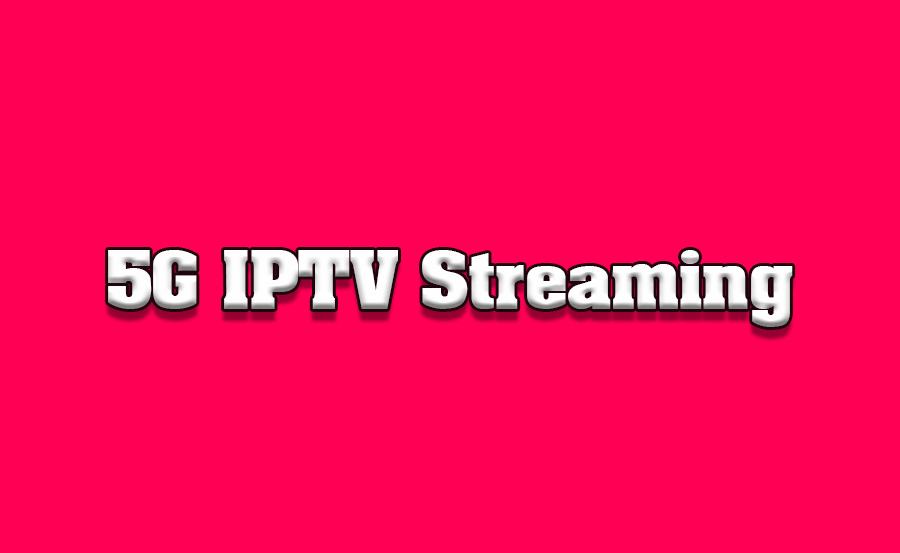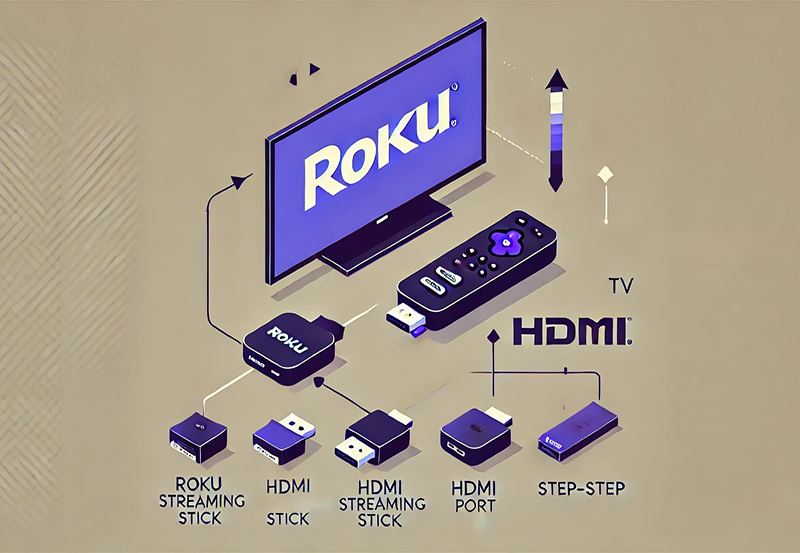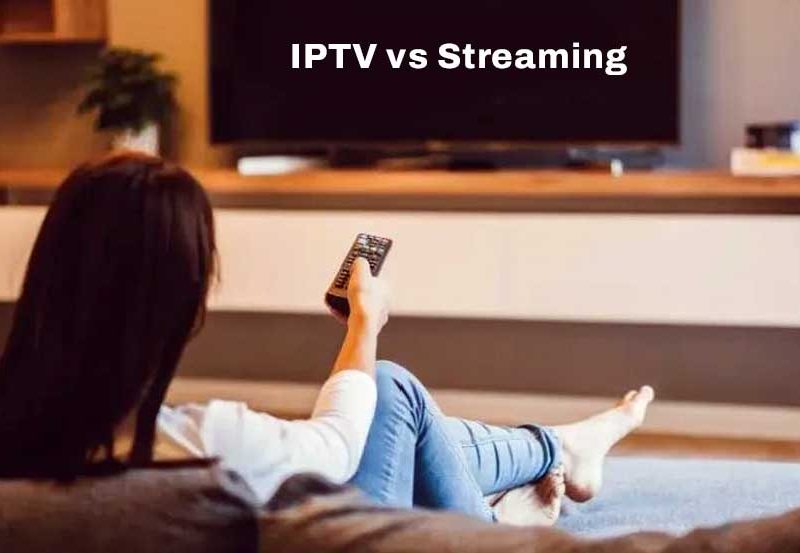The advent of 5G technology has ushered in a new era of connectivity, promising unprecedented speeds, reduced latency, and enhanced reliability. For the Internet Protocol Television (IPTV) industry, which relies heavily on robust and efficient data transmission, 5G presents transformative opportunities to elevate streaming quality and user experience. This article delves into the multifaceted impact of 5G on IPTV streaming quality, exploring the benefits, challenges, and future prospects of this technological synergy.
Buy 1 Year IPTV and Enjoy Unlimited Content
Enhanced Streaming Speeds and Bandwidth
One of the most significant advantages of 5G is its ability to deliver ultra-fast data speeds, reaching up to 10 Gbps. This leap in speed translates directly to IPTV services, enabling higher resolution streaming, including 4K and 8K content, without buffering or lag. Increased bandwidth ensures that multiple devices can stream high-quality content simultaneously, catering to the growing demand for multi-screen viewing within households and public spaces.
Reduced Latency for Real-Time Interactions
Latency, the delay between data transmission and reception, is a critical factor in streaming quality. 5G drastically reduces latency to as low as 1 millisecond, enhancing real-time interactions such as live sports broadcasts, interactive TV shows, and virtual reality (VR) experiences. This near-instantaneous data transmission ensures that viewers experience seamless, uninterrupted content, fostering greater engagement and satisfaction.
Improved Reliability and Network Stability
5G’s advanced network architecture offers superior reliability and stability compared to previous generations. For IPTV providers, this means fewer disruptions and a more consistent streaming experience for users. Enhanced network slicing capabilities allow for dedicated bandwidth allocation to IPTV services, ensuring that streaming quality remains high even during peak usage times or in densely populated areas.
Expansion of Content Accessibility
With 5G’s expansive coverage, IPTV services can reach a broader audience, including those in remote or underserved regions. This increased accessibility democratizes high-quality content, allowing more users to enjoy a diverse range of programming. Additionally, 5G facilitates the integration of IPTV with other smart devices and IoT technologies, creating a more interconnected and versatile entertainment ecosystem.
Advancements in Interactive and Personalized Content
5G enables IPTV platforms to offer more interactive and personalized content by supporting advanced technologies such as artificial intelligence (AI) and machine learning (ML). These technologies can analyze user preferences in real-time, providing tailored recommendations and interactive features that enhance the viewing experience. Personalized content delivery not only boosts user engagement but also fosters loyalty and retention.
Challenges and Considerations
Despite its numerous benefits, the integration of 5G with IPTV is not without challenges. The deployment of 5G infrastructure requires substantial investment, and there may be compatibility issues with existing IPTV systems. Additionally, ensuring data security and privacy in a more connected environment is paramount, as the increased data transmission heightens the risk of cyber threats. IPTV providers must navigate these challenges to fully harness the potential of 5G technology.
Comparing IPTV Protocols: HLS, RTSP, and More
Future Prospects
Looking ahead, the synergy between 5G and IPTV is poised to drive significant innovations in the media and entertainment industry. The combination of high-speed connectivity and advanced content delivery mechanisms will pave the way for immersive experiences such as augmented reality (AR) and VR streaming. Moreover, as 5G networks continue to evolve, they will support even more sophisticated IPTV services, further enhancing the quality and diversity of content available to consumers.
Conclusion
The impact of 5G on IPTV streaming quality is profound, offering enhanced speeds, reduced latency, improved reliability, and expanded content accessibility. While challenges remain, the potential benefits of integrating 5G technology with IPTV are immense, promising a future where high-quality, personalized, and interactive streaming experiences are the norm. As 5G continues to roll out globally, IPTV providers must embrace this technology to stay competitive and meet the ever-evolving demands of modern viewers.
EPG Integration on IPTV: A Simple Guide for Smooth Navigation



